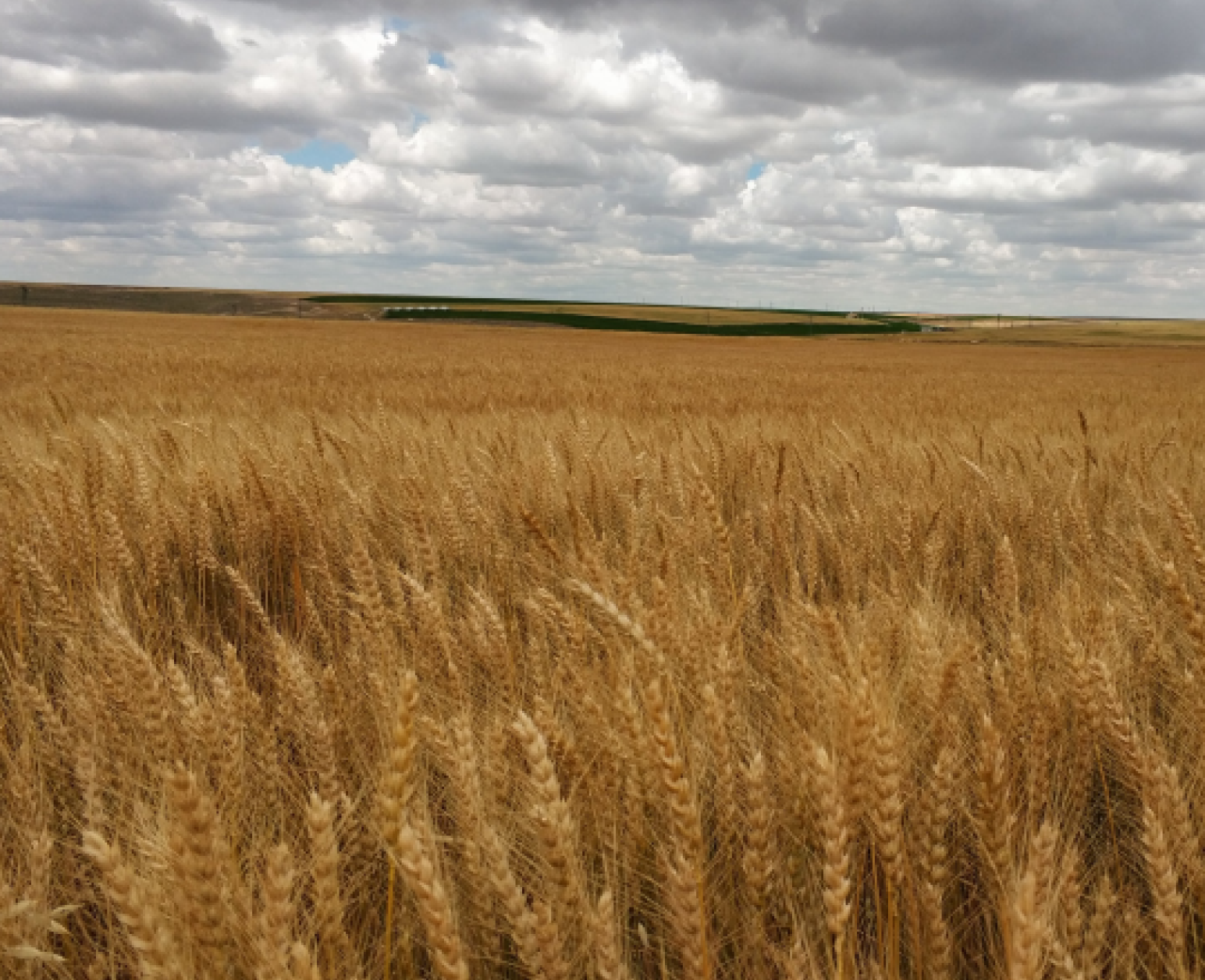pladis hails progress against sustainability ambitions
The company behind McVitie’s, Ülker and GODIVA has unveiled its 2024 report card on sustainability with progress to cut carbon, source responsibly and tackle packaging.
London headquartered snacking company pladis cut 21,000 tonnes of carbon from its operations last year – that’s roughly the same as charging 12 billion smartphones or 14,000 one-way flights from London to New York.
It trained nearly 1,700 farmers in regenerative agricultural practices in Côte d’Ivoire and used high tech satellites to help it source deforestation-free cocoa.
pladis has doubled down on packaging and waste too. 90% of all plastic packaging globally is now recycle-ready, in line with internal guidelines. In the United States, 400 tonnes of food waste were successfully repurposed - equivalent to 21 American truckloads—preventing it from ending up in landfill.
The snack maker cited these as proof points which show good progress against its existing sustainability targets on decarbonisation, plastic packaging and responsible sourcing – some of which sunset at the end of 2025.
pladis’ chief sustainability and corporate affairs officer, Anisa Missaghi, explains “People know us for our brands but what that they might not know is our company is still extremely young – nine years old in fact.
“That means we’ve been on a very accelerated sustainability journey, to create plans and programmes that build our resilience and those of the communities and suppliers we work with.”
2024 also heralded action on health and wellbeing. Innovation and reformulation delivered a 30% less sugar version of the iconic McVitie’s Digestive and new healthier snack bars under the Go Ahead brand in Türkiye, thanks to the inclusion of whole grains, ancient grains and fibre.
People remained at the heart of pladis’ thinking. The launch of inclusive employment initiatives such as EmpowerHER in Egypt is helping to get more women into factory settings, while 90% of pladis’ eligible workforce is now accessing its skill build online academy, Thrive.
Anisa concluded: “In 2024, our approach to sustainability became simultaneously more ambitious and more granular. So we started to map a sustainability approach and strategy beyond our existing commitments and to dig deep into the detail to embed science-based sustainability targets and rigorous reporting into everything we do.
“It’s through this greater ambition, attention to detail and transparency, that we’ll deliver long-term change and resilience in a world of complex global supply chains and challenges.”

ENDS
Notes to editors: to access the pladis 2024 Sustainability Report click here.
Data calculation workings:
- Number of return flights from London to NY: One way flight distance is 5,536 km. Economy-class emissions factor: 0.26128 kgCO2eq/passesnger.km. A reduction of 20.7k tCO₂e is equivalent to avoiding approximately 7,160 economy-class return flights from London to New York. Sources: ICAO (International Civil Aviation Organization) distance, DEFRA, 2024.
- Phones charged: Typical daily energy use per phone: 0.01 kWh, Grid emissions factor: 0.22535 kg CO₂e per kWh. A reduction of 20.7k tCO₂e is equivalent to charging a typical smartphone approximately 12.25 billion times. Source: Energy sage, DEFRA, 2024.
- Converting food waste to trucks: 400 tonnes = 440.8 U.S. tons. A standard U.S. semi-trailer (a 53-footer) typically carries about 20–22 U.S. tons of food payload. We will assume 21 as an average. 440.8 ÷ 21 = ~21 truckloads





